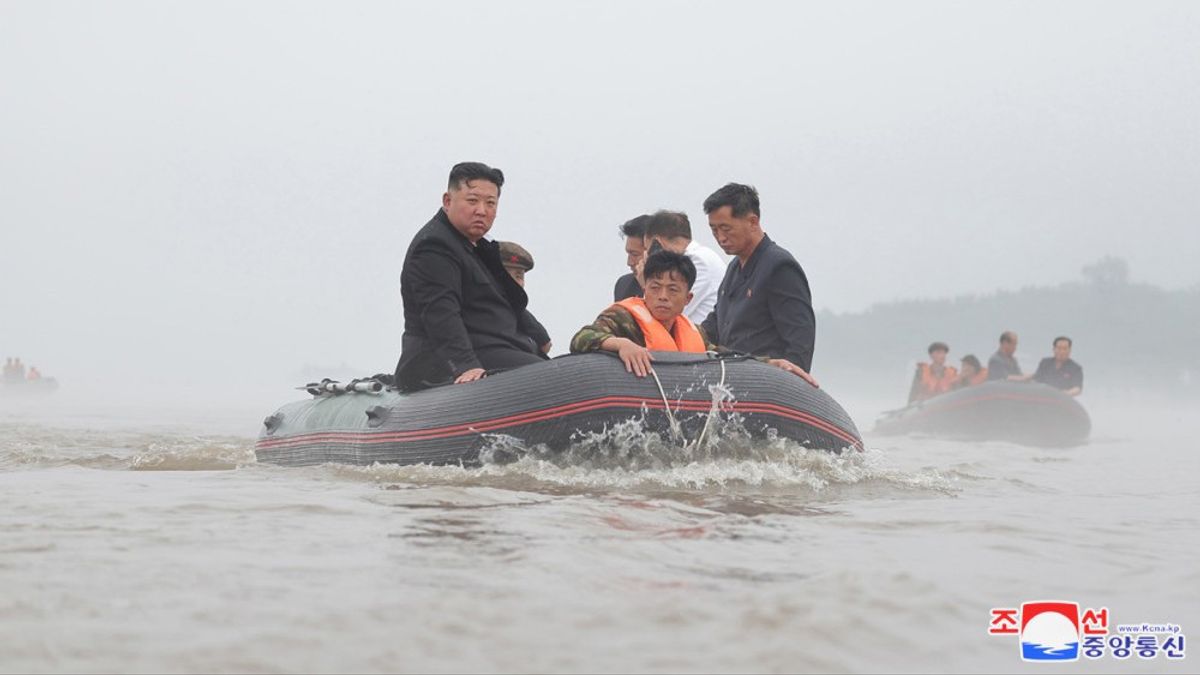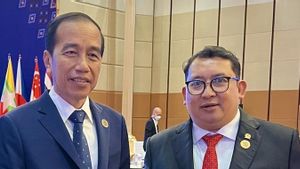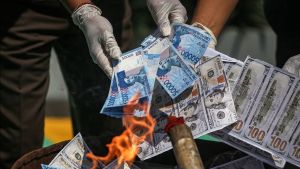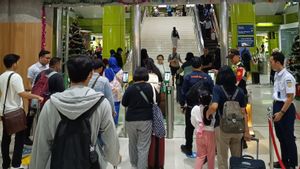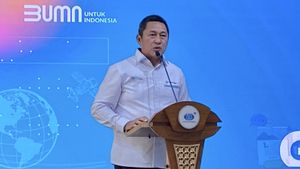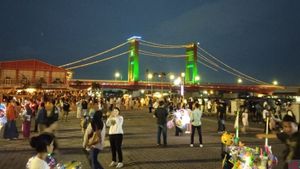JAKARTA - North Korea reportedly executed 20-30 officials last month, due to a failure to reduce the impact of floods and landslides that killed more than 4,000 people.
The officials were charged with corruption and ignored their duties, according to South Korean media reports TV Chosun, as quoted by the Independent September 6.
North Korean news reports said the devastating floods that hit Chagang Province in July caused extensive damage in nearby cities of Sinuiju and Uiju, with more than 4,100 houses, 7,410 hectares of agricultural land and many roads, buildings, and railroad lines affected. It also displaced more than 15,000 people.
State leader Kim Jong-un ordered authorities to "criticize" the responsible officials, according to a report by the North Korea Central News Agency.
An unnamed official in Leader Kim's Administration told Chosun TV that 20 to 30 officials in flood-hit areas were executed late last month. The report cannot be independently verified.
Citing The Guardian from South Korean media, the executing official may include Kang Pong-hun, who previously served as head secretary of the Chagang Provincial committee from the ruling party, South Korean media said.
Kang and other senior officials, including the then public security minister, Ri Thae-sop, were dismissed during a politburo meeting at the end of July, according to the state-run Korean Central News Agency.
Separately, South Korea's national intelligence agency (NIS) said it was monitoring with accuracy the signs Pyongyang had carried out the execution, after Leader Kim said in an emergency meeting of the ruling party's politburo he would "criticize" those responsible for the damage, South Korean news agency Yonhap reported.
On the other hand, Chosun reported in 2019 that Kim Hyok Chol, North Korea's nuclear envoy to the United States, had been executed for its inability to secure a summit between Leader Kim and then US President Donald Trump.
Recently revealed, Kim Hyok Chol is still alive and well, according to CNN.
North Korea has a history of public executions, with an average of 10 executions carried out annually before the Covid-19 pandemic, according to South Korean media, The Korea Times.
This number has since increased to around 100 or more, according to the media.
"North Korea's unstable economy, international sanctions, and the impact of natural disasters are likely to be the cause," said Yang Moo-jin, president of Seoul's North Korean University of Studies.
Cheong Seong-chang, director of the Department of Reunification Strategy Studies at the Sejong Institute, told the Korea Times: "North Korea's public executions are relatively frequent. The execution includes various cases, including heinous crimes, drug smuggling, and, in rare cases, individuals caught producing and selling illicit content, including South Korean dramas."
After the flood hit, Leader Kim said Pyongyang would not receive any international assistance, the Associated Press reported.
SEE ALSO:
Instead, he asked officials to relocate thousands of residents who fled to the capital Pyongyang, where they would receive better care and support.
Meanwhile, the rebuilding effort is expected to take about two to three months, during which time the government plans to accommodate nearly 15,400 vulnerable people in various facilities in Pyongyang.
It said South Korea was very vulnerable to natural disasters because of its weak infrastructure. The country is very much against flooding, for example. Hurricanes in the summer of 2012 killed about 169 people. while a series of floods and droughts were one of the causes of hunger that killed hundreds of thousands of people between 1994 and 1998.
The English, Chinese, Japanese, Arabic, and French versions are automatically generated by the AI. So there may still be inaccuracies in translating, please always see Indonesian as our main language. (system supported by DigitalSiber.id)
